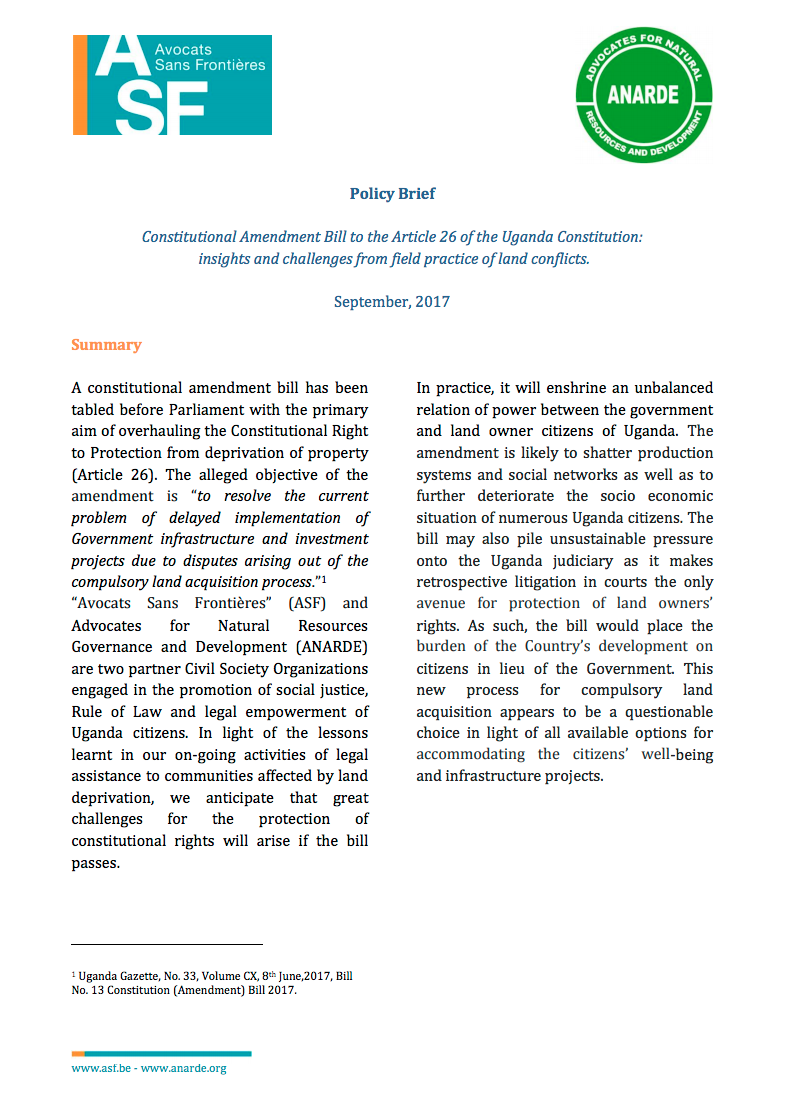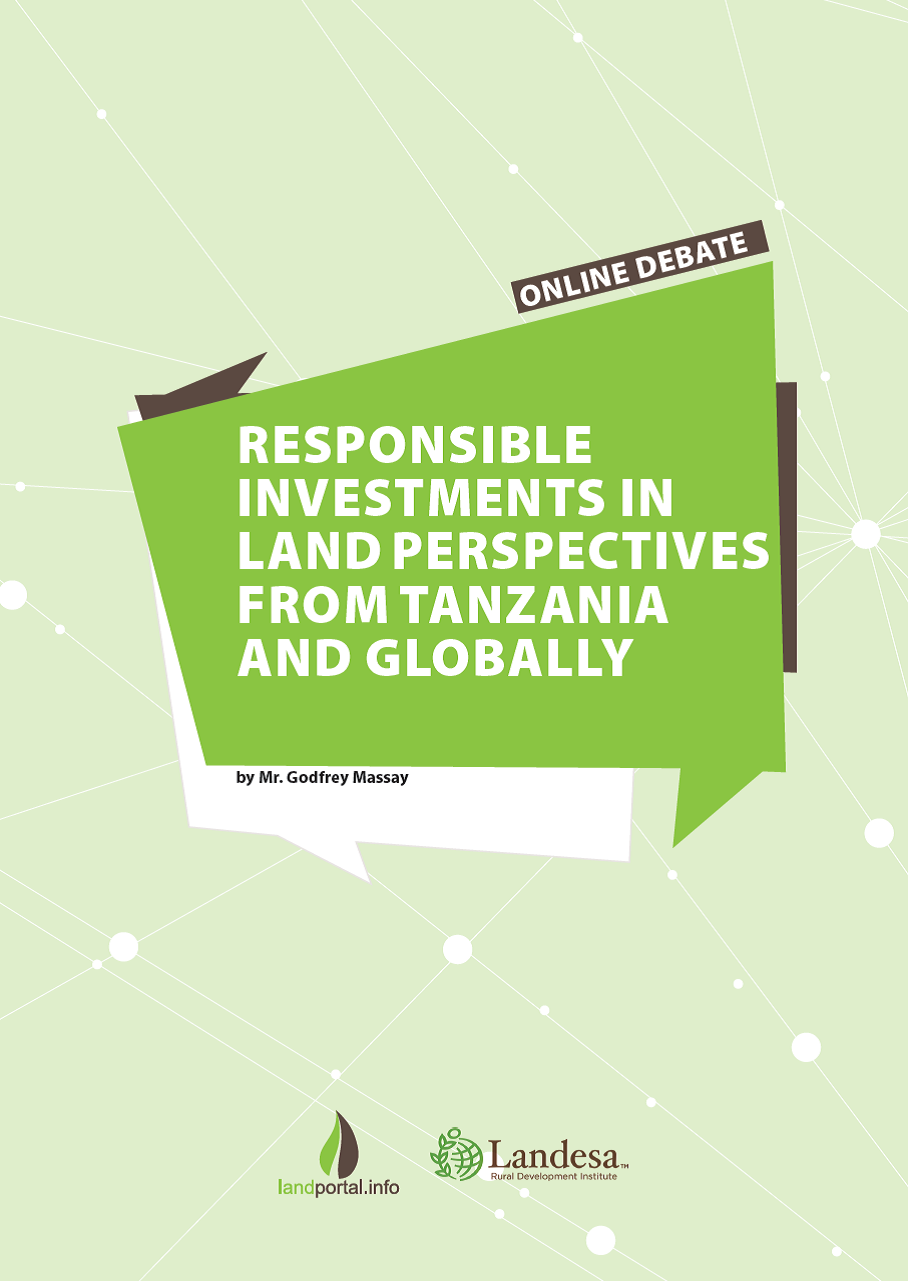Forum mondial sur l’accès à la terre et aux ressources naturelles 2016
Date : 2017
Source : Foncier & Développement
Les membres de Coordination SUD dénoncent l’accaparement des terres, de l’eau et des autres ressources naturelles liées à l’alimentation. Ils ont consacré à ce problème l’une des premières publications de la commission Agriculture et alimentation (C2A), le traitant comme une menace pour la sécurité alimentaire.






